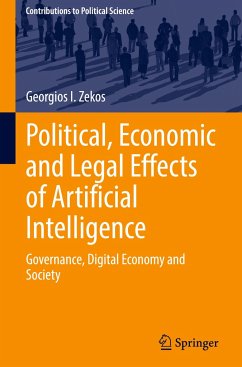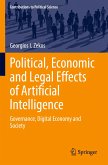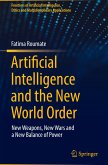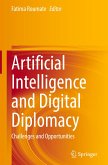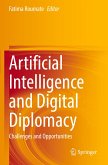This book presents a comprehensive analysis of the alterations and problems caused by new technologies in all fields of politics. It further examines the impact of artificial intelligence (AI) on the nexus between politics, economics, and law.
The book raises and answers several important questions: What is the role of AI in politics? Are people prepared for the challenges presented by technical developments? How will Al affect future politics and human society? How can politics and law deal with Al's disruptive technologies? What impact will AI and technology have on law? How can efficient cooperation between human beings and AI be shaped? Can artificial intelligence automate public decision-making?
Topics discussed in the book include, but are not limited to digital governance, public administration, digital economy, corruption, democracy and voting, legal singularity, separation of power, constitutional rights, GDPR in politics, AI personhood, digital politics, cyberspace sovereignty, cyberspace transactions, and human rights. This book is a must-read for scholars and students of political science, law, and economics, as well as policy-makers and practitioners, interested in a better understanding of political, legal, and economic aspects and issues of AI.
The book raises and answers several important questions: What is the role of AI in politics? Are people prepared for the challenges presented by technical developments? How will Al affect future politics and human society? How can politics and law deal with Al's disruptive technologies? What impact will AI and technology have on law? How can efficient cooperation between human beings and AI be shaped? Can artificial intelligence automate public decision-making?
Topics discussed in the book include, but are not limited to digital governance, public administration, digital economy, corruption, democracy and voting, legal singularity, separation of power, constitutional rights, GDPR in politics, AI personhood, digital politics, cyberspace sovereignty, cyberspace transactions, and human rights. This book is a must-read for scholars and students of political science, law, and economics, as well as policy-makers and practitioners, interested in a better understanding of political, legal, and economic aspects and issues of AI.

